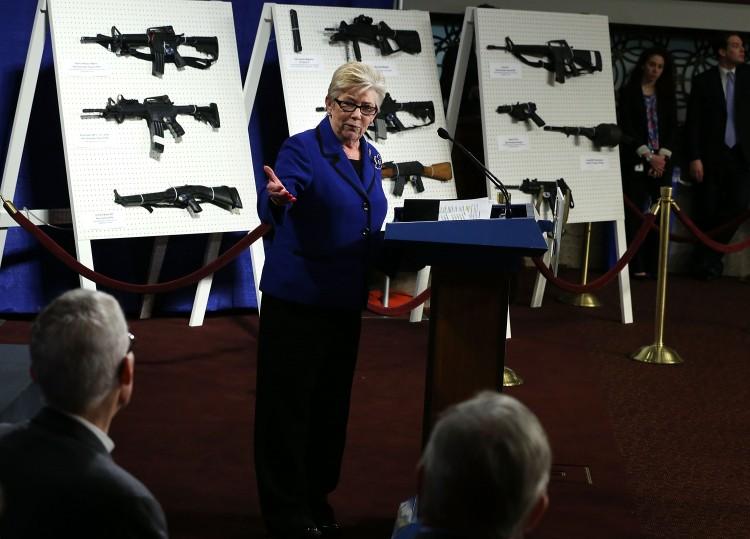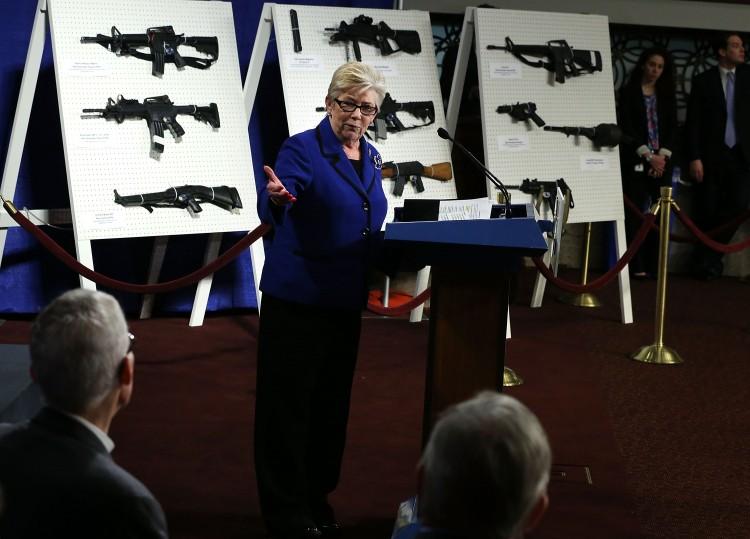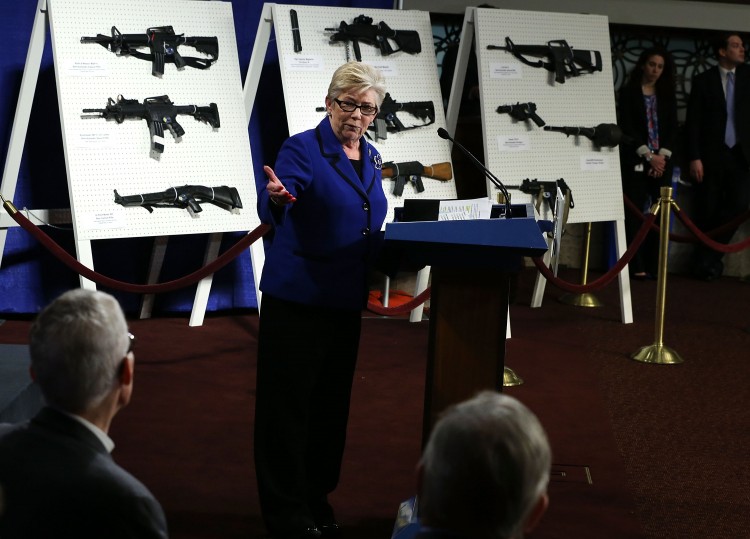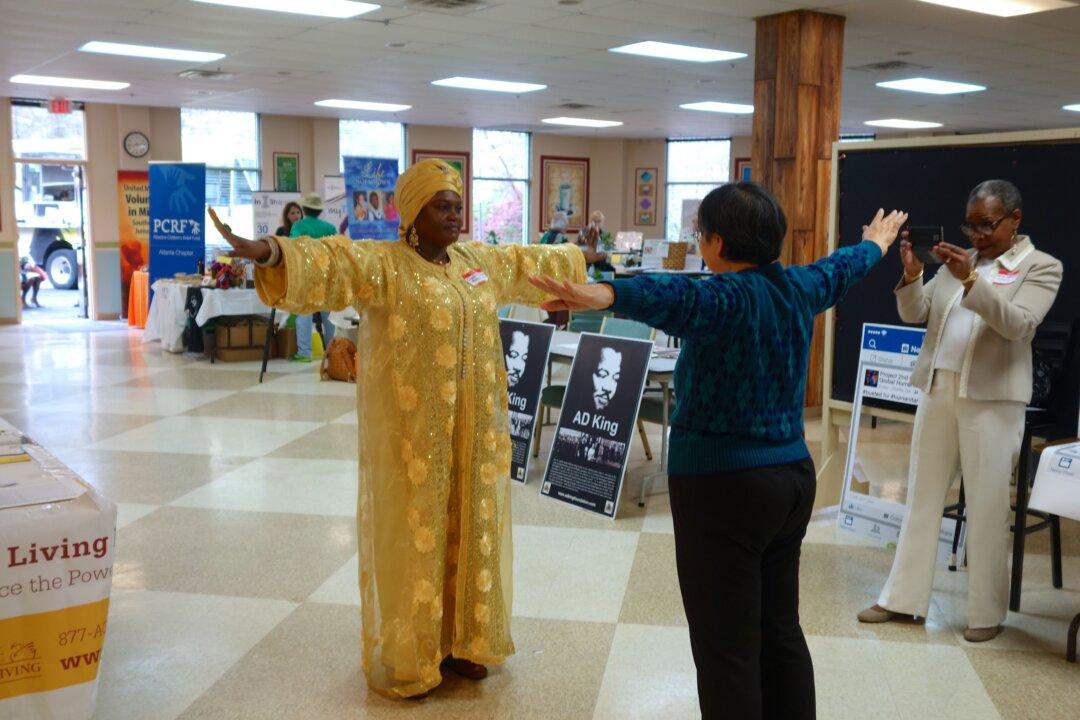Led by Sen. Dianne Feinstein (D-Calif.), the 2013 Senate proposed a new ban on military-style assault weapons on Jan. 24. Feinstein wrote previous legislation for a 1994 assault weapons ban that expired in 2004.
“[The proposed ban] will be carefully focused on the most dangerous guns that have killed so many people over the years, while protecting the rights of gun owners by exempting hundreds of weapons that fall outside the bill’s scope,” wrote Feinstein in a press release announcing the bill. “We must take these dangerous weapons of war off our streets.”
The bill’s formal name is The Assault Weapons Ban of 2013. The bill also bans detachable magazines that accept more than 10 bullets, and it eliminates the 10-year sunset provision that ended the 1994 assault weapons ban.
“Its purpose is to dry up the supply,” of new assault weapons, not to take away anyone’s currently owned weapon, according to Feinstein. Hunting weapons would be exempt.
Feinstein said that she believes such a ban will save lives.
“These massacres don’t seem to stop. They continue on,” said Feinstein at the press conference announcing the bill, referring to the December 2012 mass murder of children at Sandy Hook Elementary School in Connecticut, in addition to scores of previous mass shootings in America.
Feinstein was at the San Francisco City Hall when former supervisor Dan White shot and killed Mayor George Moscone and supervisor Harvey Milk on Nov. 27, 1978. She was president of the San Francisco Board of Supervisors at the time, and she considered White a confidant.
Rep. Carolyn McCarthy (D-N.Y.) also spoke at the press conference. “It has to stop. It has to stop. We can do it,” she said, adding that her son survived a shooting. People who survive such incidents are changed forever, according to McCarthy.







